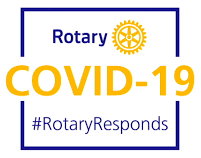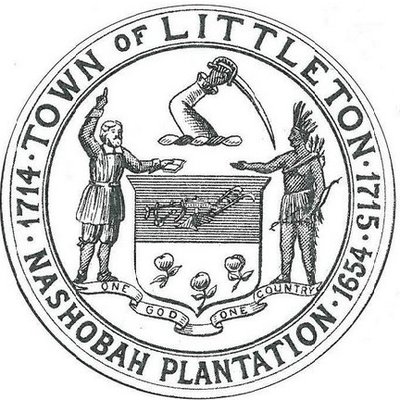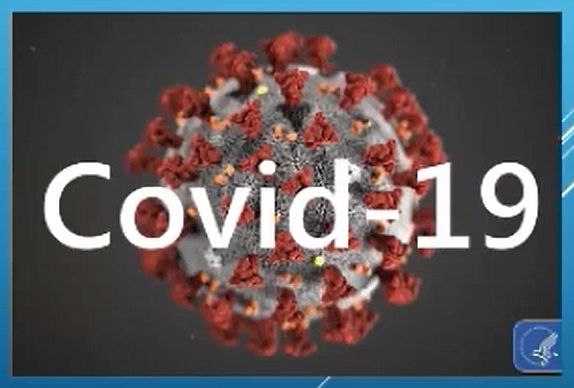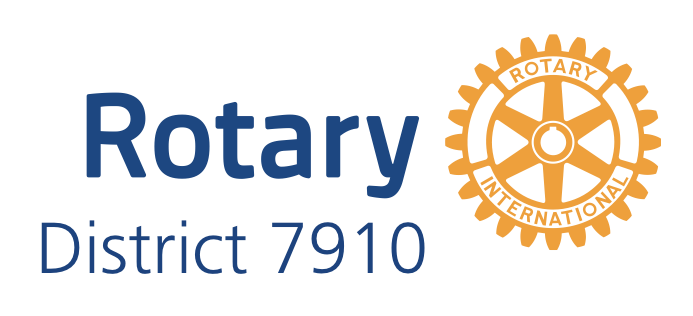
The Rotary Club of Littleton proposes defining, in advance, a system and assembly line for mass inoculations - in this case, specific to the town of Littleton. Prior approval for this proposal has been received from the Littleton Board of Health.
 Littleton is a small town in Central Massachusetts. It's classed as a "rural industrial town," although most of the industry has closed up shop and moved away.
Littleton is a small town in Central Massachusetts. It's classed as a "rural industrial town," although most of the industry has closed up shop and moved away.At one point, not too long ago, there were almost one million square feet of unused office space - space abandoned when the computer industry, up and left for China and California. After years of neglect, IBM bought the largest office building in town - a building abandoned by Hewlett-Packard. But since the COVID-19 pandemic, it's rare to see more than a dozen cars in the thousand-car parking lot. On the other side of town, nearly 200,000 square feet of vacant office space have been torn down to make room for an Amazon warehouse and its attendant 400 trucks.
Roughly 10,000 souls live in Littleton. To reach "herd immunity" from COVID-19 at least 8,000 need to be vaccinated. At the moment, there are plans in place to inoculate first-responders, teachers and those living and working in nursing homes and other confined quarters such as prisons and group homes. We'll take a guess and say that covers about 1,000 of Littleton's 10,000 residents. What about the rest? The truth is, at the moment, there are no plans beyond the vague idea either that we'll all be able to get a shot from our doctor, CVS, Walgreens, or that the National Guard will step in.
COVID-19 is not the flu. Of the two vaccines available today, one requires super-cold conditions, and the other, only very cold conditions. Neither is available at any of our local pharmacies. It is true that by mid-March, as many as three other vaccines may be available, and several of them do not require extreme cooling. But then again, they may not be available. It's unclear.
This is where Rotary comes in. As every Rotarian knows, Rotary International has been at the forefront of eliminating polio from the world. This past year, Africa was declared free from polio, leaving only remote parts of Afghanistan and Pakistan with infections. As a service organization, Rotary knows how to do this - especially, the logistical aspects of the fight against a pandemic. To perform mass inoculations, considerable planning needs to occur. A logistics flow needs to be designed, built, and tested, and a host of volunteers need to be trained in software and protective protocols. Day-of protocols and plans need to be set up and coordinated with police, fire, and medical authorities.
The immediate goal is to create a detailed action plan, a play-book, in conjunction with local authorities, detailing what has to be done and  anticipating what pitfalls might be encountered. All projects begin with a single step, an outline. The Rotary Club of Littleton offers this up, hoping that fellow Rotarians benefit from these thoughts and other Rotarians, more experienced in pandemics, will come forward and offer their advice.
anticipating what pitfalls might be encountered. All projects begin with a single step, an outline. The Rotary Club of Littleton offers this up, hoping that fellow Rotarians benefit from these thoughts and other Rotarians, more experienced in pandemics, will come forward and offer their advice.
 anticipating what pitfalls might be encountered. All projects begin with a single step, an outline. The Rotary Club of Littleton offers this up, hoping that fellow Rotarians benefit from these thoughts and other Rotarians, more experienced in pandemics, will come forward and offer their advice.
anticipating what pitfalls might be encountered. All projects begin with a single step, an outline. The Rotary Club of Littleton offers this up, hoping that fellow Rotarians benefit from these thoughts and other Rotarians, more experienced in pandemics, will come forward and offer their advice. Proposed location:
- The Point, in the area adjacent to Emerson Urgent Care, with parking for about 200 cars.
Participants:
- Emerson Urgent Care: providing medical management and vaccine.
- The Point: supplying space.
- Littleton's Rotary club: providing overall logistics-management and -resource, furniture, etc.
- Littleton Rotary Community Corp: providing non-medical personnel.
- Littleton Police and Fire Departments: providing training and vaccinations
- Littleton Medical Reserve Corp: providing nurses and physicians for shots.
- Littleton Elder & Human Affairs Department: identifying those people most in need of vaccinations.
Schedule:
Define protocols:
- Procedures for scheduling citizens to get shots, perhaps by voting precinct and street address.
- Software (if used), or manual documentation must be obtained and volunteers must trained in their use.
- Procedures for processing patients: production line, check-in, cards for scheduling second shot, inoculation (loading of inoculation needles by non-medical personnel who are trained and practiced), shot shot administering, and recommended stabilization period
Plan and setup vaccination-administering area:
- Tables and chairs, and flow control
- Rehearsal and practice: filling needles, and conducting intake and outtake
- Day-of procedure (assuming very short notice of vaccine availability)
- Emergency-scheduling of personnel (assuming short notice of vaccine availability)
- Phone bank
- Intake
- Post-injection sitting
- Phone-bank calling
- Pickup those identified by town's Health & Human Affairs Department and others
- Parking-lot management (perhaps by town's Police Department)
- Repeat two weeks later
For more information, contact the Steve Glines, president of the Rotary Club of Littleton, by clicking here.
For comments, questions or technical issues about using this online form, contact us at rotaryd7910@gmail.com.
For comments, questions or technical issues about using the Events calendar, contact us at rotaryd7910@gmail.com.
